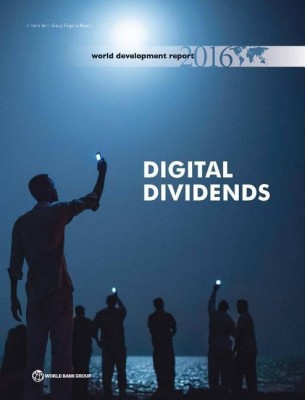World development report 2016(English, Paperback, World Bank)
Quick Overview
Product Price Comparison
Digital technologies are spreading rapidly, but digital dividends - the broader benefits of faster growth, more jobs, and better services - are not. If more than 40 percent of adults in East Africa pay their utility bills using a mobile phone, why can't others around the world do the same? If 8 million entrepreneurs in China - one-third of them women - can use an e-commerce platform to export goods to 120 countries, why can't entrepreneurs elsewhere achieve the same global reach? And if India can provide unique digital identification to 1 billion people in five years, and thereby reduce corruption by billions of dollars, why can't other countries replicate its success? Indeed, what's holding back countries from realising the profound and transformational effects that digital technologies are supposed to deliver? The World Development Report 2016 shows that while the digital revolution has forged ahead, its "analog complements" - the regulations that promote entry and competition, the skills that enable workers to access and then leverage the new economy, and the institutions that are accountable to citizens - have not kept pace. And when these analog complements to digital investments are absent, the development impact can be disappointing.


